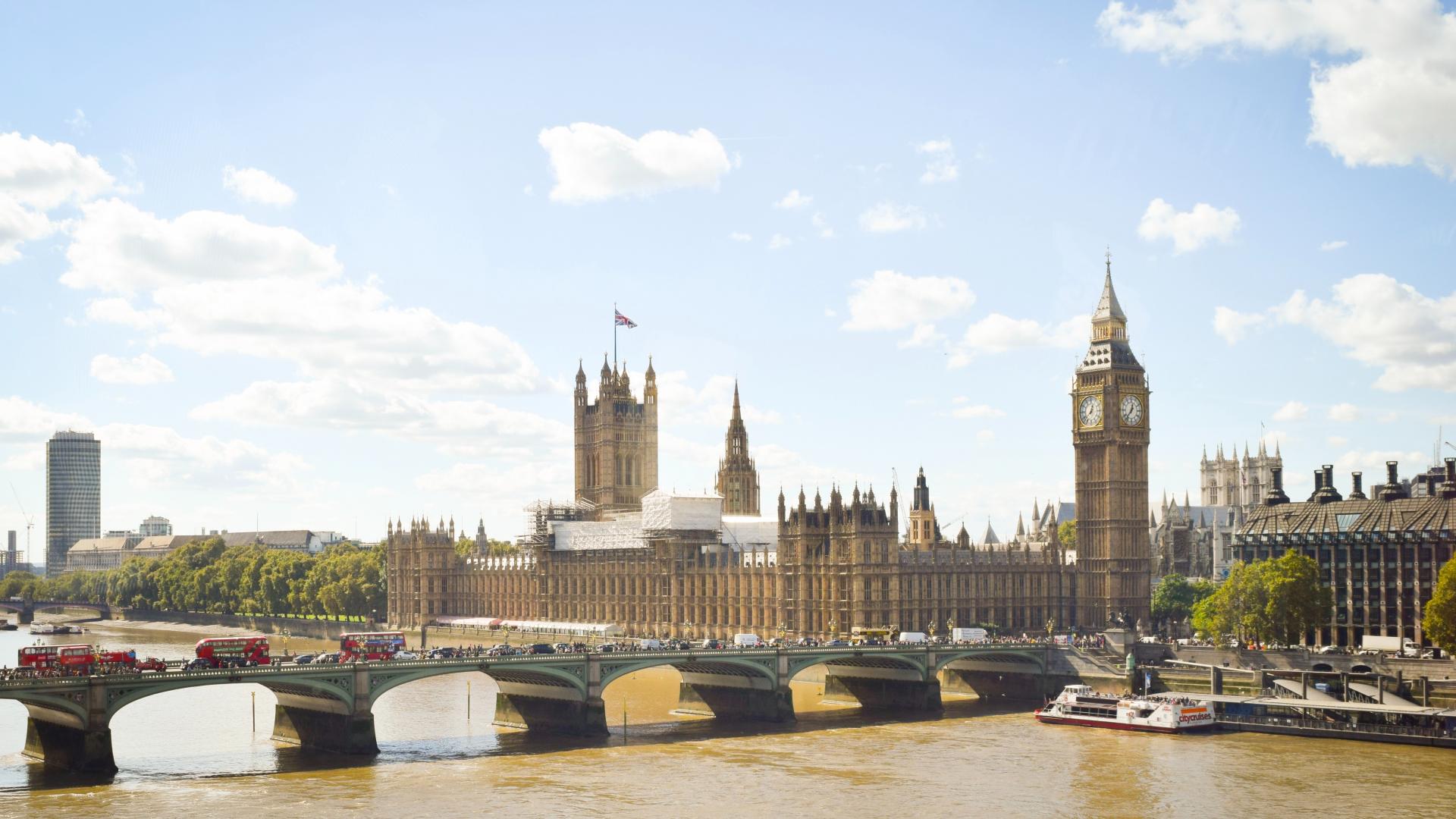Tim Harrison-Byrne
For political parties to win elections, they need to build an identity using policies and values that set them apart from their rivals. Parties have learned the importance of giving the appearance that they alone embody principles which are attractive to the majority of the electorate. We are currently seeing high-profile campaigns that seek to not only reinforce the value and strength of these principles in the party itself, but also to undercut the commitment of others to them. What ensues is a melee of defamation, aimed at individuals or institutions who don’t subscribe to your goals and moral standards.
This has become known as the culture war; a force designed to drive division and win votes by catastrophising the current state of the nation. In turn, the media are all too happy to hammer this wedge in, using the emotional stakes of a society losing its moral compass to create uproar and drive engagement.
In the current landscape, no issue is left safe from being considered controversial, divisive, or contentious. We’ve probably all hoped that the charity sector might have remained sacrosanct. But instead, the past few years have seen a litany of complaints from various sources that the sector has somehow become too political, or indeed too woke.
As we at nfpResearch release the third chapter of our campaigning report, which focusses on the culture war, it’s worth restating what we’ve always believed to be true: charity is inherently political. Despite this, the culture war has increased scrutiny around the sector, with strategists looking to weaponise and delegitimise genuine issues and use them to bolster claims of a grand partisan agenda, particularly pointing the finger at organisations supposedly pandering to ‘woke’ ideology.
As one interviewee in our campaigning report commented:
“Some politicians are really looking for the next political divide post-Brexit to divide and conquer and win political support. And because they are so acutely aware and able to manipulate that, I don’t think the war is going to be finished any time soon. And the saddest thing is that it affects real people’s lives.”
The past few years have seen charities being lambasted for all manner of things typical to their regular operations. Whether it’s the Churchill Fellowship simplifying its name, Barnardo’s producing information for children on understanding white privilege, or the RNLI protecting people at sea, no activity, no matter how innocent, seems safe from an aggressive backlash. Various charities have even been taken to task for providing racial bias training, with some media thrilling at the opportunity to claim political correctness gone mad. This entire movement relies on the underlying view that charities are looking, to quote former Culture Secretary Oliver Dowden, to “burnish their woke credentials” rather than fulfil their charitable objectives.
In a political playing field like this, charities need to be fully aware of the stakes they face when engaging in the debates and rhetoric being weaponised by culture war-mongers. In the third chapter of our new report, we share our findings about the impact of this current climate on the sector, exploring how charities can navigate campaigning within this fraught political landscape.
Download ‘Into the Corridors of Power: What does the culture war mean for charities?’ below.

